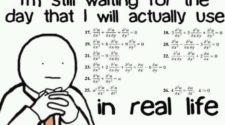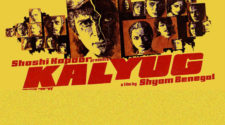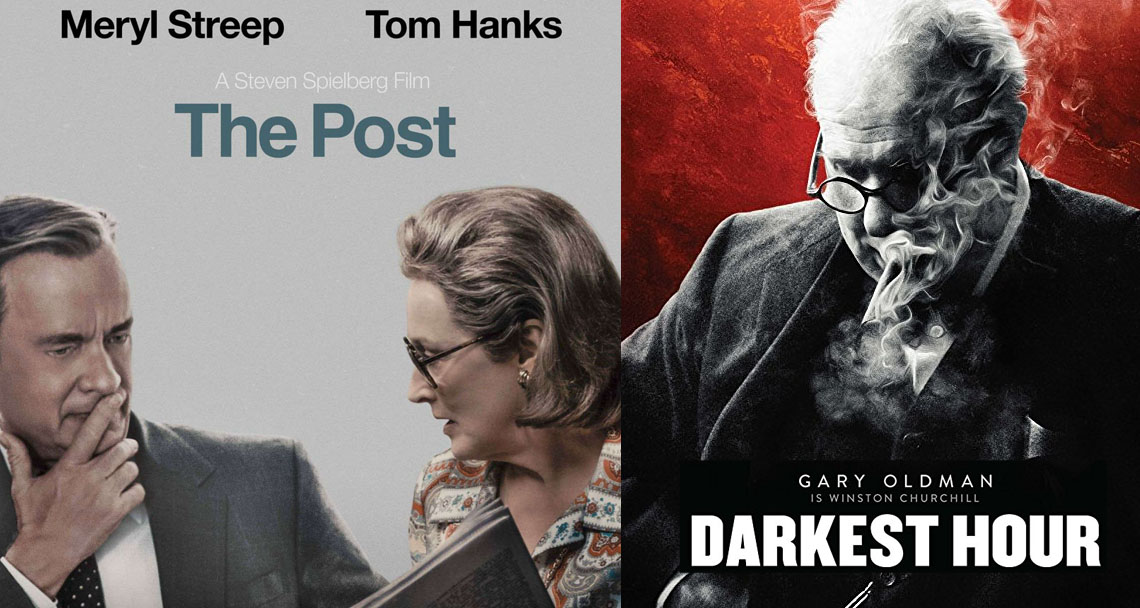Two movies based on true events, two movies gunning for the Oscars, two movies with splendid actors, two movies on historical choices having great significance for today’s world, hence, I decided to watch the two movies on consecutive days!
It is as if both movies were competing for the title of ‘shortest timeline’, The Post focuses on the 2-3 days around the Pentagon Papers, while the Darkest Hour is 2-3 weeks before Dunkirk.
The Post

The idea of the movie is powerful, it is about decisions and choices, and how complex they are with what is at stake. How decisions are not simple black and white calls, and how many iterations, considerations, opinions, advice, go into it, and yet paradoxically they end up as nothing but gut instincts! Of individuals. To convey this the movie uses pace in a brilliant manner, initially the movie is slow, drab in the early passage, as an audience, we are drip fed the information, to establish the background, and slowly the taps turn, things become more and more dramatic, and before we know it, we are sucked into the full flow of drama that’s displayed on screen. That phone call moment, when all characters are shouting over each other on landline, parallel lines, is enthralling. This endears the film to the audience, because we already know the outcome (I knew! Courtesy google), and we still enjoy the drama, kudos!
The Darkest Hour

After Nolan’s Dunkirk, as an audience, I felt pampered when so soon after that marvelous movie, we got treated with another superb movie about the same event, this time from the other side of the Channel. Dunkirk captured the desperation, the tension, the drama, of the evacuation splendidly, Darkest Hour captures the decision making, the doubts, the equal amount of tension on the other side equally well.
Again, the movie is a treat for drama viewers, because when you know the historical outcomes, with no suspense, what creates suspense is the drama, the performance in such a movie
Creative Liberty Vs Historical Accuracy
In a sense, I prefer movies about true events rather than biographies. Because many Biographies fall into a trap called creative liberty.
Creative Liberty must not become a license to distort.
It’s justified using Creative Liberty to exploit the potential of the film medium, utilize it to stylize, and sometimes some liberties are necessitated because of the inherent limitations of the film medium.
For example, in the movie The Post, it’s shown that a young intern gets assigned as a spy at the New York Times office to get info. In a real sequence of events this never happened, The journalists at the Washington Post got their info from other sources. However, sending a spy intern, and the interactions around it, create extra drama, rather than having someone call up and the guy at the other end blandly giving up the info. In such cases Creative Liberty is fully justified and much appreciated, as most importantly, they do not distort the ultimate facts.
However, when dealing with people, and their Biographies, sometimes creative liberties end up distorting the ultimate facts. There is a tendency to glorify the individual, as more often than not, these biographies are commissioned as a tribute to the person. In this rush to glorify the person, the role that gets portrayed becomes more of “what you would like the person to be” rather than “what the person actually was”
Blatant example of this is in the Darkest Hour. Churchill as a historical person was resolute, stubborn, and probably the reason, why Britain successfully resisted the German attack, however, in the same breath, Churchill the historical person had fairly objectionable views about blacks, his views on India were appalling, and his statements made about Gandhiji were ghastly and barbaric. Hence, by showing Churchill happily shaking hands with a Black man on a train, giving equal importance to the views of a Black person, the movie distorts!. It becomes about presenting Churchill as an affable character, a hero, basically what the writer, director would want ‘Churchill-the Hero’ to be, rather than what Churchill the leader actually was.

In conclusion, nothing mystical about the stories of the two movies, yet they are worth watching purely for the performances, for the structure of the movie…. More like watching a drama in the theater, for the experience













No Comment